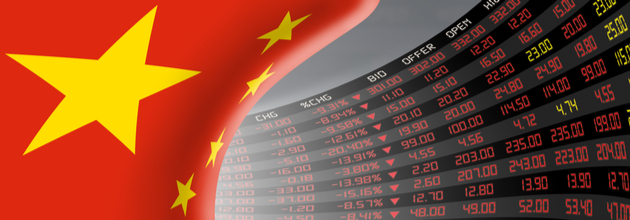Sweeping crackdowns across China are continuing to send shockwaves across financial markets, with investors finding themselves in the firing line of some of the nation's hottest sectors. Shares of Tencent (
OTCPK:TCEHY)
fell 10% on Monday after Beijing ordered the company
to give up exclusive music licensing rights, food delivery companies such as Meituan (
OTCPK:MPNGY)
were also targeted, while education stocks like TAL Education (NYSE:
TAL), New Oriental (NYSE:
EDU) and Gaotu Techedu (NYSE:
GOTU)
slumped about 25% each amid a
ban on for-profit tutoring. In fact, the Nasdaq Golden Dragon China Index - which tracks 98 of China's largest firms listed in the U.S. -
dropped 8.5% on Friday and
another 7% on Monday, marking the biggest two-day selloff since '08.
Analyst commentary: "Even when you think China risk is priced, it can get worse," Goldman Sachs wrote in a research note. "The government could come down much harsher than expected penalties for Tencent, they could implement much stricter social insurance programs for delivery drivers/temp employees, they could crack down on other industries viewed as a threat to social cohesion (SFV? Livestreaming? Who knows.)"
While Beijing has tolerated conventional regulations on certain sectors in the past, the government now looks ready to kill whole companies or entire industries. One doesn't have to look far to the recent pulling of Ant Group's (NYSE:
BABA) IPO or the DiDi Global (NYSE:
DIDI) fiasco that shook the investing world earlier this month. China has pointed to financial risk, antitrust concerns and national security violations, but its acceptance of stockholder pain for long-term social control appears to have some market participants reassessing Xi Jinping's Communist Party.
Outlook: Investors aren't the only ones reviewing their relationship with China. Another contentious meeting between Washington and Beijing proved unsuccessful on Monday, with Vice Foreign Minister Xie Feng saying the relationship was at a "dead end" and risks "serious consequences." He even presented U.S. Deputy Secretary of State Wendy Sherman with two lists of "red lines" that were necessary to stabilize ties, including "U.S. wrongdoings that must stop" and "key individual cases that China has concerns with." (
68 comments)








EmoticonEmoticon